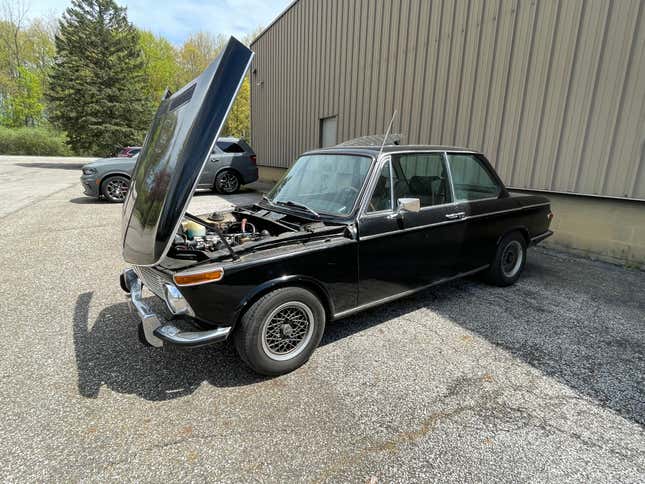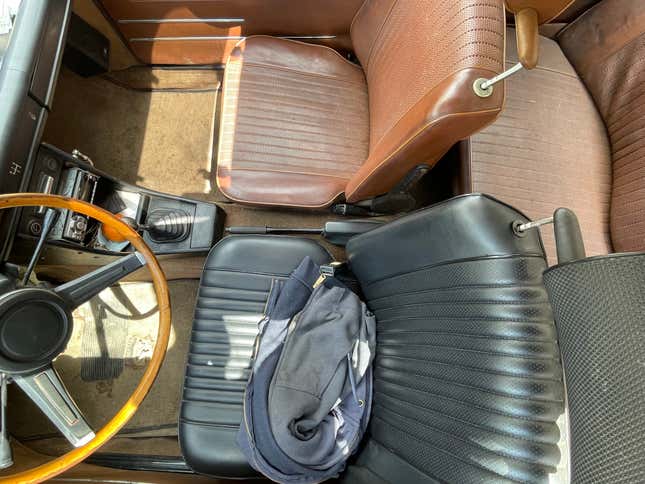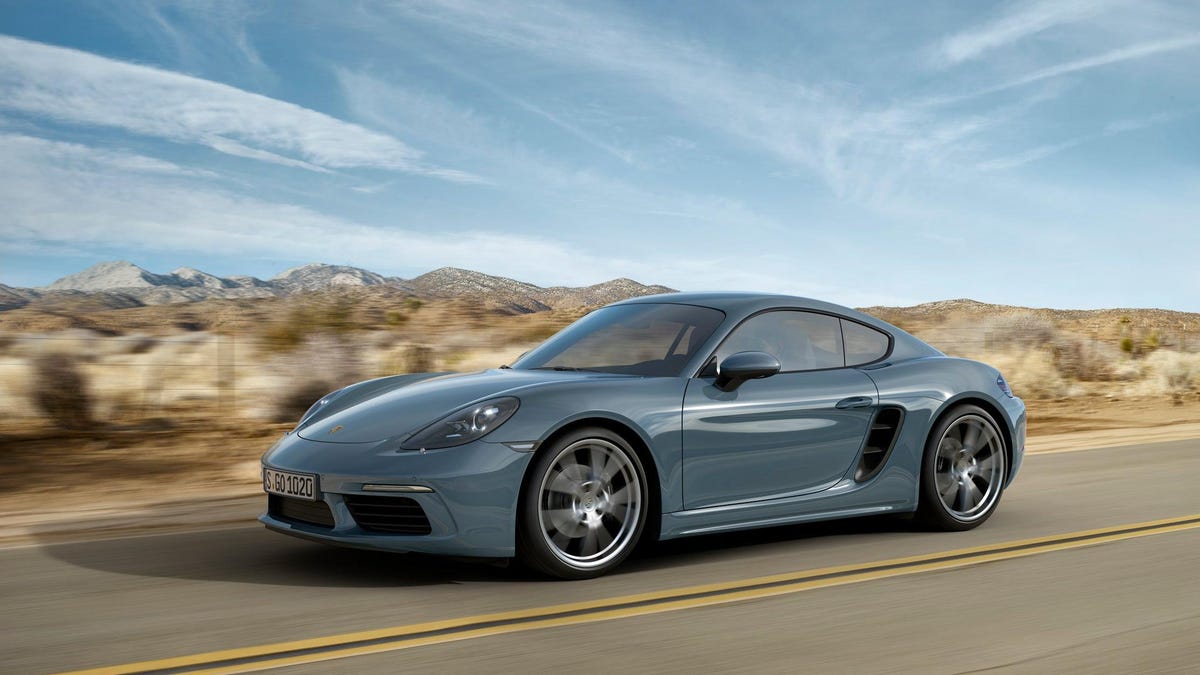We live in a disposable society. Every day we are faced with another new trinket to purchase, use for a while, let sit in a drawer for a few years, then discard. 268 million tons of waste per year are created just here in the United States of America. That’s 4.5 pounds of junk on average, per day, per person. What if we decided we wanted to keep something for longer? If we valued quality over quantity, what would we buy?
I think about this a lot when it comes to normal everyday objects. I feel guilty trading in an iPhone knowing it’s going to get chewed to bits and hopefully recycled into something else. I do my best to purchase clothes I know will last a long time, and mend the ones that get holes or re-color the ones that get stains. But what about cars? Can we consciously continue to consume new cars every three years when our lease period ends?
Between 12 and 15 million cars reach the end of their lives each year in the U.S. Obviously, some of those are just wrecked beyond repair and there’s not much we can do about that. I live smack in the middle of the rust belt, and frankly I see cars on the road that probably should have been put out to pasture a few years ago. But every once in a while I see something that really warms the cockles of my cold dead jaded auto writer heart. Like this BMW 2002.
An acquaintance of mine purchased this 2002 lightly used in the middle 1970s. Since then he has proceeded to rack up some 400,000 miles on the odometer. He never gave up on the car, tending to its needs, fixing its rust, and repairing its foibles. Before 1980 the car—originally a round-taillight car—was rear-ended and a replacement roundie panel couldn’t be sourced affordably, so he grafted on a later square-tail rear.

This car is the king of useful patina. At some point it was determined that the factory radio would no longer suffice and a modern unit was swapped in. Once the driver’s seat had outlived its ability to hold its stuffing inside, it was ripped out for a less used mis-matched one. The factory wheels were ditched in favor of some basketweave aftermarket pieces, probably just for aesthetics.

This 2002 is constantly floating in my head as an aspirational thought. What if I were to go out and buy something today and keep it, maintain it, cherish it, and use it for the next fifty years? What would that thing be?
First of all, is there anything available today that I’d even want to drive for the next fifty years? Surely it would have to be engaging and fun enough to fulfil my driving desires, but comfortable enough to warrant racking up all those miles. Moreover, it would have to be easy enough to maintain that I could either do it myself, or get it done fairly inexpensively. Consider also that you’ll want something built to a certain standard if it’s going to last several hundred thousand miles. If you’re going to do that many miles, you’ll want something that is at least somewhat frugal with the fuels.
I could see a few answers to this question. Will the Americans do it for you? Maybe a C8 Corvette? Certainly any number of Ford Mustangs or Chevrolet Camaros. What about the modern hot sedans like the Civic Si, Integra Type-S, or Elantra N? Are they too high-strung to be long-term reliable? Is the spiritual successor to the 2002, BMW’s 2 series, going to stand the test of time? There’s not much left in terms of small-ish upright sedans that brings a smile to your face.
When I play this game in my head, I seem to always come back to a base model Porsche Cayman. The recently-discontinued Cayman T was probably my sweet spot. It’s not the best sounding car, but it’s plenty quick, handles really well, and holds everything I’d ever need to bring on a long trip. It may not be as engaging to drive as this old wood-rim steering wheel 2002, but these days I fear nothing is. At least the Cayman still allows you to shift it yourself, and it comes in a variety of fun colors.
Yes, maybe when I’m 86 I’ll still be hauling around in a turbocharged mid-engine Porsche while everyone else is shooting through the air in their Jetson-mobiles. Maybe I’ll be as cool as this guy is with his 2002, or maybe I’ll be an archaic dinosaur trying to get my bluetooth to work while the rest of the world is using thought-speak.
What say you? Given the opportunity to spend 400,000 miles and fifty years in any brand new reasonably attainable (say under 70,000 dollars to weed out absurdities like supercars or whatever), what’s it going to be?

